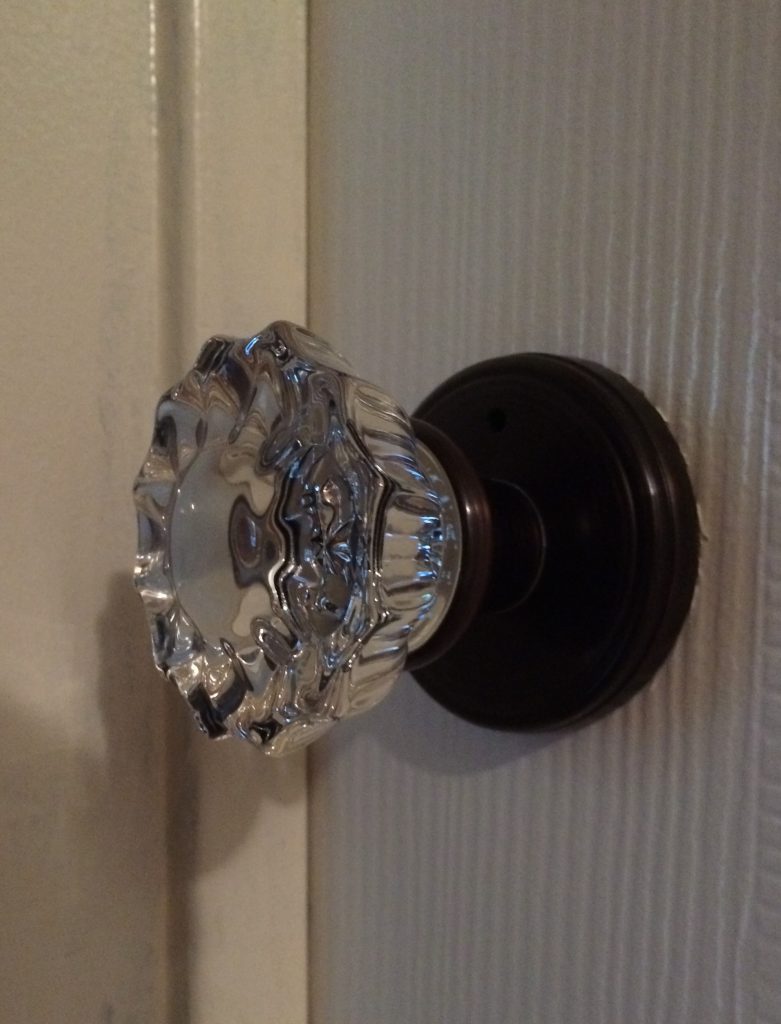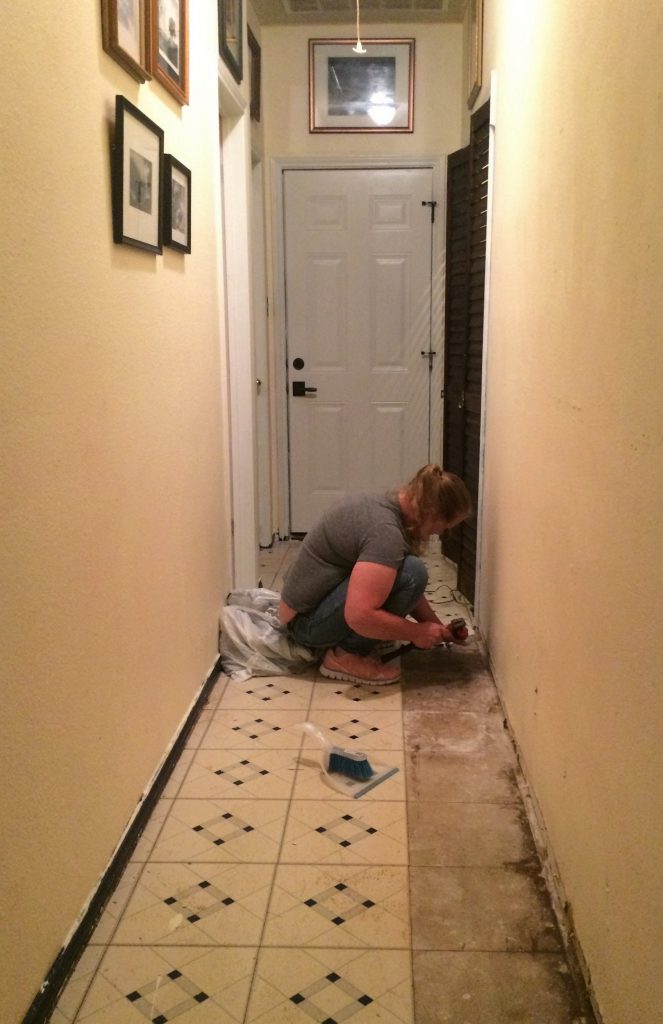Malls were the latest, trendiest, most oh-there thing in retail development about the time that I was in high school and college. There were a couple of them that I went to, early on, and they were … OK. A nice diversion if one was in the mood or purse for retail therapy. Most of them were enclosed, two or three levels, almost always expensively decorated, adorned with plantings, sometimes with dabs of architectural creativity here and there. All of that made sense in places where the weather was bitterly cold for at least half the year or boiling-hot for three-quarters of it – still does, in the upper mid-west and mountain west, especially in snowy winters. It was, however, a serious and time-burning excursion to go to the mall; finding a place to park nearest an entrance, walking … and walking, and walking, and carrying whatever you had purchased. If there was a nice and varied selection of shops, not wall to wall big chain outlets, exactly the same as every other mall – so much the better.
There was a certain sameness to almost all big-city malls, though – which is why I believe that all but one merged into a bland beige same-ness in my memory, no matter if they were in Burbank, Albuquerque or the Newgate Mall in South Ogden. Pretty much the same set of stores, the same look, the same amenities, and many of them hanging on by a thread at present. I suppose the reasons for this are as varied as the malls eventually weren’t. The inconvenience of the mall experience, a preference among the shopping public for on-line ordering, the fact that interesting one-off merchants were pretty much priced out of even setting up in a mall in the first place, that some malls became notorious for lawless behavior, and even something as other formats in large-scale retail becoming fashionable among the movers and shakers in our civic planners. In the city where I live now and of the four malls that I know the best, only one seems to be doing pretty well in the upscale carriage trade; expensive clothes, shoes, jewelry and household goods eventually replaced a more varied set of shops within. The second closed entirely and was transformed into Rackspace’s HQ and operating location. A third closed and was almost entirely demolished and remade into a shopping center of free-standing mercantile outlets, restaurants, a small hotel and a Drafthouse Cinema. A fourth keeps going, zombie-like; a nearly empty dead mall walking. It’s been that way for the twenty years that I have lived here. I have no idea how it remains open.
I was unexpectedly depressed and grieved by hearing that the one mall which vividly lives in mine and my daughter’s memory as the most fantastic and memorable shopping environment ever created in the heart of an urban downtown closed a couple of years ago (after a slow decline) and is now in the process of being transformed into an urban office complex with a bit of park attached. This was San Diego’s Horton Plaza … which opened in a formerly blighted set of city blocks in the mid-1980s, according to this potted history. Obviously, the designer had won the contest for creating the most colorful, confusing, exuberant and off-kilter open-air mall on the face of the earth. The central mall avenue ran diagonally, from one corner of the bloc of shops and parking to the opposite corner, zigging and zagging, so it was almost like walking the twisty lanes in a medieval European city. (and we had experienced shopping in a good few cities of that nature, so we would know.) The various levels in Horton Plaza were staggered; ramps, bridges, arcades and stairways went up and down between them. There were pavilions, bump-outs, ornamental domes and yet more arcades, a little plaza with a massive ornamental clock on the mezzanine level, colorful streaming banners, lush and well-tended plantings everywhere.
My daughter and I first visited it late in 1988, in between tours at Zaragoza AB, Spain. Because I had signed on to a second tour, the military footed the bill for a return trip to my home of record, and offered a month of leave, (IIRC) because my doing so saved them a bundle. And we were charmed and enthralled, after more than a decade away from the United States. The sky was blue overhead, from the top levels there were occasional views out over San Diego all the way to the ocean. The parking structures – and there were two, one each side of the diagonal. The one had every level named after fruits and the other named for vegetables. So, one had to remember if you were parked on the Avocado Level, or the Plum Level. We sampled the bookstores – there were two at that time, a Walden’s on an upper level and a large Brentano’s on the mezzanine. There was a Laura Ashley’s, a tiny toy store with games and puzzles, a cinema multiplex on the top level, and an Italian restaurant opposite it, with a spectacular view all the way over the downtown rooftops to Coronado Island. The usual mall outlets, of course and a couple of big department stores – but other oddball stores, such as a gourmet grocery at street level on one end of the concourse, and a yardage store at street level on the other – the only place in the US where I found lengths of silk printed to make scarves. (The pictures here give an idea of how eccentric the design was.) Yes, we thoroughly enjoyed that visit, and again some three years later when we came home from Europe for good. For the three years we were in Utah, I drove home to Mom and Dad’s for the Christmas holidays – and we made subsequent visits to Horton Plaza then as well. By 1995 I took an assignment in Texas; a much longer drive than from Utah, so we didn’t spend Christmas at Mom and Dad’s quite as often.
I think that our last visit to Horton Plaza must have been in 2008 or ’09 and it was clear that the place had declined. The Brentanos’ was closed, many of the unique stores that we remembered had been replaced by the usual outlets in malls everywhere else. The colorful banners and flags were gone as well, and all of the landscape plantings. The place looked grimy, rundown, and a bit tatty. There was no special reason to go there, really, and we left, vaguely disappointed. Mom said that all the really upscale stores had moved to Fashion Valley, north of downtown anyway.
So passed the retail glory of downtown San Diego; sad to me personally, because I remember it so fondly and so very well, much better than malls that I shopped at much more frequently. It looks from the potted history on Wikipedia that first one big anchor outlet bailed out, then the other, the cinema multiplex also closed, the specialty stores shuttered one by one as shoppers went elsewhere – nothing is more depressing than a dying mall – and soon all that was left was the faded but still colorful walls and architectural features, empty walkways and blank spaces where display windows had once been.




Recent Comments